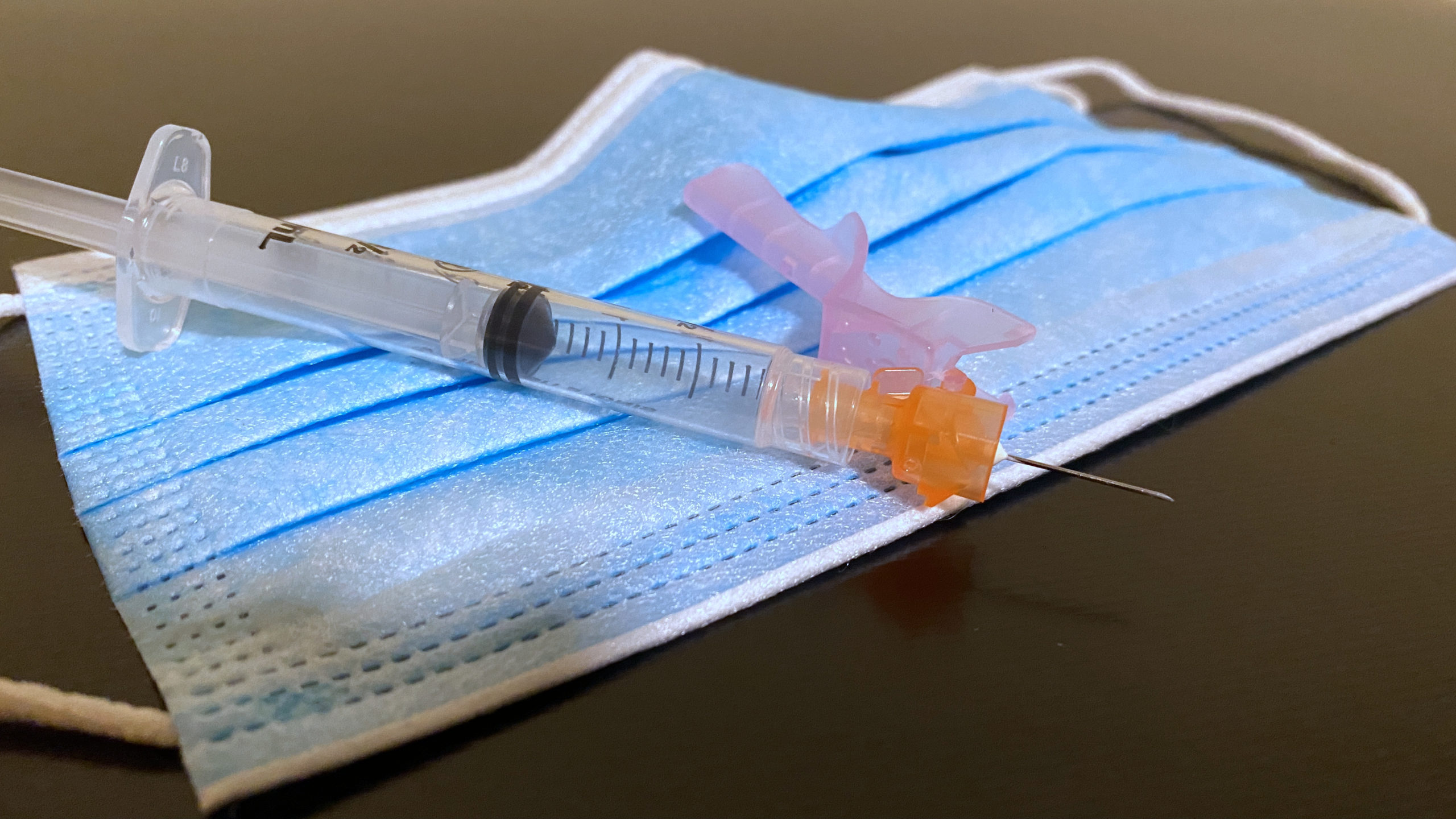Health-care workers may travel to Halifax for COVID-19 vaccines
Pfizer’s shot poses logistical challenges

caption
Nova Scotia has lowered its age limit for booster doses of the COVID-19 vaccine for those at higher risk.Health-care workers from outlying regions of Nova Scotia could soon find themselves travelling to Halifax for COVID-19 vaccines, says Premier Stephen McNeil.
The first 1,950 doses of the Pfizer-BioNTech vaccine, approved by Health Canada on Wednesday, will arrive in Nova Scotia next week. But the vaccine has special storage requirements, and Pfizer and the federal government have both required that the first doses be administered at a location near the freezer where they are stored.
In keeping with federal guidance, Nova Scotia’s immunization plan will begin with front-line medical staff, who may prove more portable than the finnicky vaccine.
“If there’s a requirement that we can only do that here, then we will bring people in with respect to that requirement,” McNeil said during a media availability following a cabinet meeting Wednesday. “If the issue is that it has to be here, then we will have our health-care workers come to us.”
The Pfizer vaccine must be stored at -80 C, which requires a type of freezer not readily available in many parts of the province. McNeil and Health Minister Leo Glavine both said the province is attempting to buy more freezers — one of which will potentially be located in Cape Breton, Glavine said — but the timeline for those purchases is unclear.
McNeil added that on Tuesday, Nova Scotia completed a practice run of the distribution process using dry ice.
Two shots
Dr. Robert Strang, Nova Scotia’s chief medical officer of health, said Tuesday that the province would receive 150,000 doses by the end of March and more over the summer. Immunizing one person requires two doses administered three weeks apart.
But McNeil said that timeline is based only on the Pfizer-BioNTech offering, and the availability of competing vaccines could speed up the immunization process.
In a media release Tuesday, the Department of Health and Wellness said Nova Scotia will receive the first doses of a different COVID-19 vaccine from Moderna later this month. Asked about the Moderna vaccine, McNeil seemed unaware of its planned arrival, but emphasized that only the Pfizer shot has so far been approved by Health Canada.
“There’s only one vaccine that I know of, globally, that’s being used and that’s the Pfizer one. But … there are other ones that are very close,” said McNeil. “Obviously, if one of those is approved by Health Canada, that will make the rollout happen much quicker.”
Unlike Pfizer’s vaccine, Moderna’s can be stored at temperatures as high as -20 C, which is in line with many other vaccines and is less logistically complex.
The Public Health Agency of Canada released an update Wednesday to the national immunization plan, suggesting all Canadians could be vaccinated as soon as September 2021.
Case counts
Nova Scotia announced six new COVID-19 cases Wednesday, with all six being in the Central Zone. The province now has 71 active cases.
Four of the new cases are linked to previous cases, one is travel related and one is still under investigation.
A poultry plant in the Annapolis Valley that employs 450 people is closed as of Wednesday, after two workers tested positive for the coronavirus earlier in the week. Asked to name the plant during Wednesday’s media conference, McNeil said he needed to first check that doing so would not be legally problematic.
Symptoms and testing
Common symptoms of COVID-19 include a fever, cough, sore throat, sinus congestion, headache and shortness of breath.
Public health officials are asking anyone experiencing symptoms to fill out the province’s online self-assessment or call 811.
The Nova Scotia Health Authority website includes a list of locations where people may have been exposed to the virus, as well as pop-up test sites for people with no symptoms.

